By Dr. Sarah Bennett, NMD / July 16, 2020

Support your immune system! It may save your life!
Since 1960 the average life expectancy has risen by about 9 years, jumping from 66.4 to 78.6 years. (1)
This significant increase in lifespan is primarily credited to the reduction of infectious disease, through the development of antibiotics, and vaccines. (2) Prior to these developments, infectious disease would claim the life of primarily infants and children.
In 1935, 56 in 1,000 children died before the age of one. (2) Although, the infant mortality rate of the United States is nothing to be proud of still raking 55th ( despite being the 11th wealthiest country in the world), deaths have decreased to 5.9 per 1,000 infants. (2,3,4)
Although, risk of complications and mortality due to infectious disease is higher for children and elderly, this does not mean young and middle aged adults are in the clear. Risk of mortality from infectious disease, such as acute respiratory illness is still the 8th leading cause of death in the United states.(5)
So let me say it again.. Be sure to support your immune system!
The best ways to support your immune function do not come from a pharmaceutical, but rather simple natural therapies addressing the fundamentals, nutritional status and lifestyle.
This article will review 14 of the best natural and researched backed ways to support your immune function.
Before we get started.. Remember, prevention is the best cure. When it come to infectious disease, the CDC states that handwashing alone can decrease respiratory infections by 16%, and diarrheal infections by %50. In addition, it has been estimated that if everyone washed their hands up to 1 million deaths per year could be preventable. (6)
Create Your Account!
This article will discuss the best natural treatments for supporting the immune system. Throughout, physician grade supplements will be recommended and linked.
To make it especially easy for you, the link to purchase them directly from the Natural Med Doc store will be provided. To order supplements from my store, you simply have to create a patient login and click through the site! Plus, once you have created a patient login, you won’t miss out on Natural Med Doc supplement discounts and promotions!
To do this, you will need to follow the ‘Welcome Link’ I’ve supplied below. Current patients already have an account and will not need to go through this process, so you only need to set everything up once and you’re set!
Welcome Link: https://us.fullscript.com/welcome/sbennett1527799795

Sleep is a fundamental need of all living organisms. Therefore, it is not a shock that sleep deprivation can strongly inhibit the proper functioning of the immune system.
Due to finding that over ⅓ of the adult population in the United States are regularly getting insufficient sleep, of less than 7 hours per night, the CDC declared sleep insufficiency a plublic health epidemic. (7) Chronic sleep deprivation is now being called Insufficient sleep syndrome or ISS, and has been classified as a noncommunicable disease. (7) Chronic ISS can have serious consequences, increasing risk of developing numerous conditions and diseases.
Multiple studies have shown that 4-10 days of mild sleep deprivation ( decreasing sleep from 8 to 6 hours per night, or decreasing sleep to 4 hours per night) increases inflammatory activity in the body, including an elevation of pro-inflammatory cytokines IL-6, TNF-a, IL-1, and even C-reactive protein. This low grade systemic inflammation increases susceptibility to infection.(8)
In addition, sleep deprivation ( less than 6 hours per night) during acute illness or after vaccination has been shown to inhibit the activation of the adaptive immune response and its ability to establish long lasting immunological memory. This causes immunodeficiency further increasing susceptibility to infection.(8)
Sleep strongly regulates the body’s immune response, and getting enough of it may be the easiest most natural way to support a strong healthy immune system.

Exercise can be a wonderful boost to immune function, but only in the right amounts. The immune system is highly responsive to physical activity, with the type of response dependent on intensity and duration of exercise. (9)
Moderate and vigorous exercise for a duration of less than 60 minutes, will stimulate immune function, while high intensity exercise training for extended periods of time (2 hours or more) temporarily decreases immune function. (9)
Moderate exercise for shorter durations are shown to increase activity of macrophages, enhance recirculation of immunoglobulins, and increase in neutrophils, NK cells, cytotoxic T cells, immature B cells, and anti-inflammatory cytokine release. Overtime, consistent moderate exercise will increase immune memory, increase antibody responses, and lymphocyte circulation. (9)
Immune dysfunction following high intensity training is temporary and has been shown to last 1-2 weeks post training. During this time inflammation is elevated, and immune markers such as IgA, natural killer cells, T and B cells are decreased. Ultimately, Heavy exercise has been shown to increase risk of developing an upper respiratory infection by up to 6 times. (9)
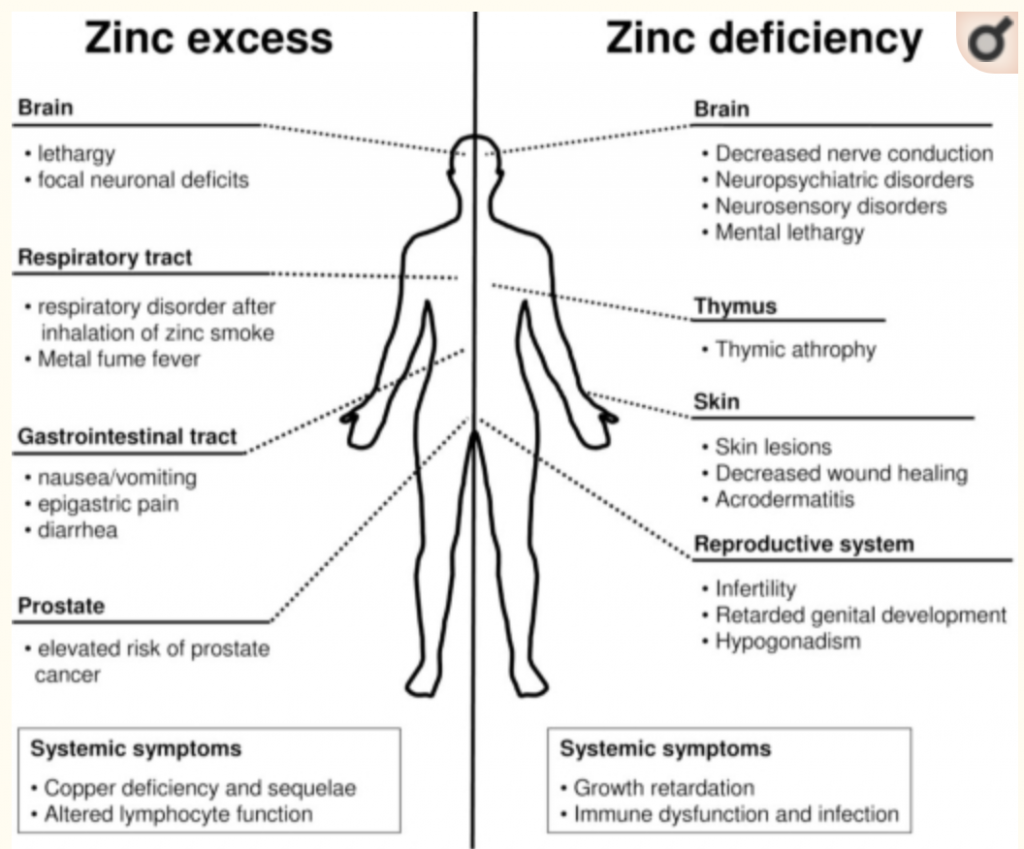
Zinc is an essential mineral that supports your immune system in addition to cardiovascular health, metabolic health, and your sense of taste and smell.
Research has shown that zinc significantly inhibits replication of RNA viruses such as Coronavirus, Hepatitis, polio, and influenza. (10) In addition, zinc decreases viral yield by inhibiting viral attachment to cell walls. (11,12,13)
Although, zinc deficiency is far more common, it is possible to cause zinc toxicity due to excessive dosing.. In other words, more is not always better.
Zinc and copper compete for absorption through the GI tract, therefore long term supplementation may cause a copper deficiency. Leukopenia, or low white blood cell count is often seen in copper deficiency, resulting in impaired immune function. Although, zinc is frequently taken for its benefits to the immune system, if taken in appropriately, it may actually impair immune function. (12)
As a general rule of thumb, zinc supplementation should not be taken for extended periods of time, due to risk of developing copper deficiency. This being said, the National Institute of Health has determined the adult daily upper limit of zinc to be 40mg. (14) Common symptoms associated with excess zinc ingestion are nausea, vomiting, and abdominal pain. (12)
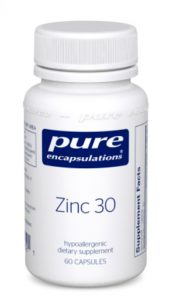
Get Supplement here:

Copper is an essential trace mineral with health benefits that are often overlooked. Zinc is more commonly supplemented for its antiviral effects. Since copper competes with zinc for absorption from the GI tract, long term supplementation of zinc may cause copper deficiency.
Copper deficiency has been linked to increased susceptibility to infection, due to resulting leukocytopenia, or a decrease in white blood cell production. (15)
In sufficient serum concentrations, copper has additional antiviral effects, primarily thought to be its ability to inactivate important binding protein on viruses such as influenza. Research has shown that copper is able to inactivate hemagglutinin (HA) and neuraminidase (NA) proteins found on the envelope of the influenza virus, inhibiting the virus’s ability initially establish infection, and decreasing ability to spread. (16)

Vitamin C is very commonly kept in the medicine cabinet, just waiting to be taken when cold or flu symptoms begin to show. What many people don’t know is how vitamin C supports the immune system and that it is even more beneficial when also taken preventatively.
Vitamin C supplementation has been shown to increase T cell and B cell lymphocyte proliferation and viability directly supporting the functioning of the immune system. (17)
Insufficient vitamin C levels make you more susceptible to contracting infections, both bacterial and viral. It has been shown that ingesting 200mg/ day or more significantly decreases severity and symptoms of viral infections, such as the common cold. (18)
During times of infection, cells require a higher concentration of vitamin C for proper functioning. Due to an increased metabolic need for vitamin C, higher doses of 1 or more grams per day are required to improve duration and severity of illness. (18)
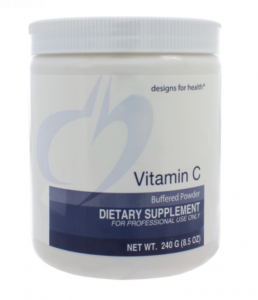
Get Supplement Here:
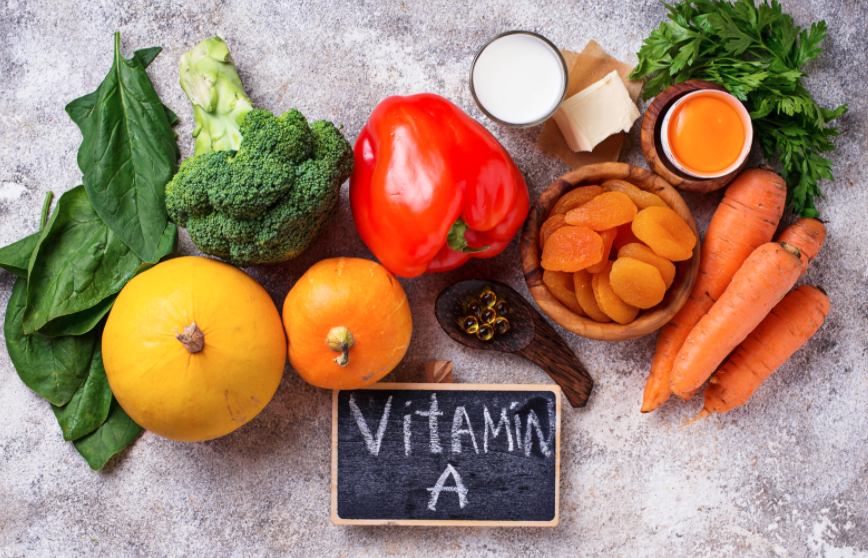
Vitamin A is a fat soluble vitamin that is supplemented for if supportive effects on immune function, mucous membranes, skin, vision, etc. In addition, Vitamin A has extraordinary antioxidant properties that are beneficial in preventing and treating infections.
Vitamin A deficiency is associated with impaired intestinal immune function, and increased mortality related to GI and respiratory infections. In addition to strong antioxidant effects, Vitamin A improves lymphocyte migration to areas of infection, and improves Immunoglobulin A (IgA) productions in the gut. (19) Lymphocytic migration is essential in infections to allow white blood cells to travel to the site of infection for proper immunological attack on the bacteria or virus. IgA is an essential part of the immune system produced primarily in mucous membranes, via tears, saliva, mucous, and other secretions.
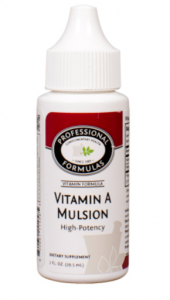
Get Supplement Here:

Vitamin D is a fat soluble secosteroid supplemented for its many biological effects, including but not limited to supporting the immune system, bone health, cardiovascular health, metabolic health, and more.
Vitamin D deficiency affects around 1 billion people world wide, while vitamin D insufficiency effects nearly %50 of the population. (20)
Insufficient levels of vitamin D are associated with increased susceptibility to infections. Research has shown that a therapeutic dose of Vitamin D decreased the incidence of flu infection by 42%. (21)
Vitamin D has been shown to regulate T and B cell production, and decrease proinflammatory cytokines, while increasing anti-inflammatory cytokines. (21) In resting conditions T- and B- cells display low numbers of vitamin D receptor, but when immune response activates them Vitamin D receptors expression increase, allowing vitamin D to influence the proliferation and differentiation of these cells. (22)
In addition, vitamin D supports antimicrobial effects of macrophages, increasing phagocytic ability. Basically the ability to ingest bacteria and other material. (22)
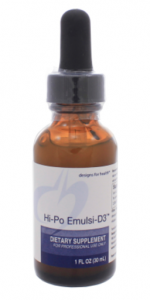
Get Supplement Here:

Probiotics contain beneficial bacterial strains that support and make up the microbiome in the GI tract. This microbiome functions as a significant part of the intricate immune system found in the GI tract, protecting your body from foreign pathogens and materials. Certain strains of bacteria frequently seen in probiotics have been studied in peer reviewed research articles.
Research has shown that certain strains of lactobacillus and bifidobacterium reduce the risk of acquiring viral infections such as norovirus, rotavirus, influenza, and the common cold. These bacteria found in probiotics decrease susceptibility of infection not only in the GI tract but also in the respiratory system. (23) Lactobacillus acidophilus has been shown to increase production of type I Interferon-beta 1a, signaling cytokine produced upon viral infection that controls the expression of antiviral genes, and regulates the body’s innate and adaptive immune function. This production of INF-???? more specifically helps to mature dendritic cells, essential immune cells known for their ability to process and present antigens ( a molecular structure often found on pathogens, that acts to stimulate an immune response) toT cells. In (24)
The antiviral properties of lactobacillus spp. That have been shown to alleviate symptoms caused by viral infections such as influenza. (23)
Research has studied the antiviral properties of different strains of bifidobacterium, finding that these properties are most significantly seen in bifidobacterium adolescentis. The antiviral properties of bifidobacterium may be attributed its ability to inhibit viral binding to the cell wall, resulting in decreased replication. (25)
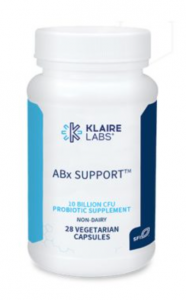
Get Supplement Here:
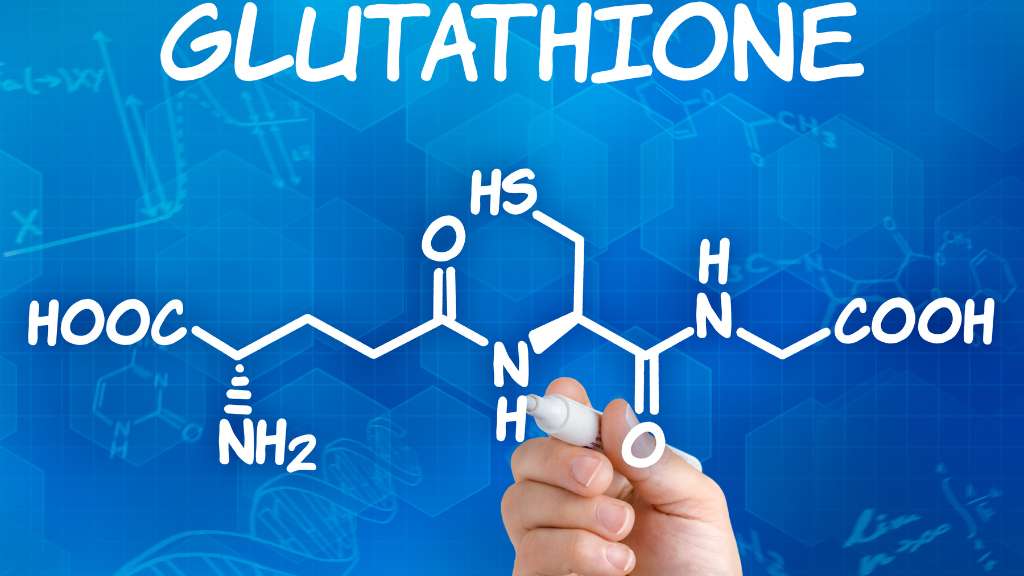
Glutathione (GSH) is an essential antioxidant found in high concentrations inside most cells. Glutathione is especially important to respiratory health, with significantly higher concentration found in the epithelial lining of the respiratory tract than overall serum concentrations… 140 times greater to be exact. GSH is believed to be the first line of defense against pathogens and oxidative stress, with studies showing that GSH deficiency is linked to pulmonary diseases and resulting pulmonary tissue damage. (26)
GSH deficiency has been associated with an increased susceptibility to bacterial and viral respiratory infections. In addition to having antioxidant effects, certain genes controlling the innate immune system and antiviral immune response have been shown to require GSH.(27)
Glutathione may be administered through oral supplementation, inhalation, and intravenous therapy. GSH inhalation may be the best route of administration when addressing respiratory illness, as it was the only route of administration to effectively increase concentrations of GSH in the epithelial lining. (26)
Before starting glutathione inhalations for treatment or prevention of respiratory illness be sure your physician tests you for sulfite sensitivity to avoid adverse reactions. As a rule of thumb, individuals that are allergic to sulfa drugs have this sensitivity and should not utilize this treatment. It is also important to note that asthmatics should not use glutathione inhalations, as it may cause bronchoconstriction and can potentially be life threatening. (26)
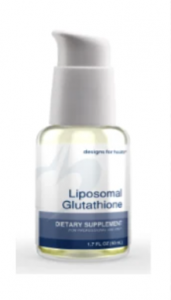
Get Supplement Here:
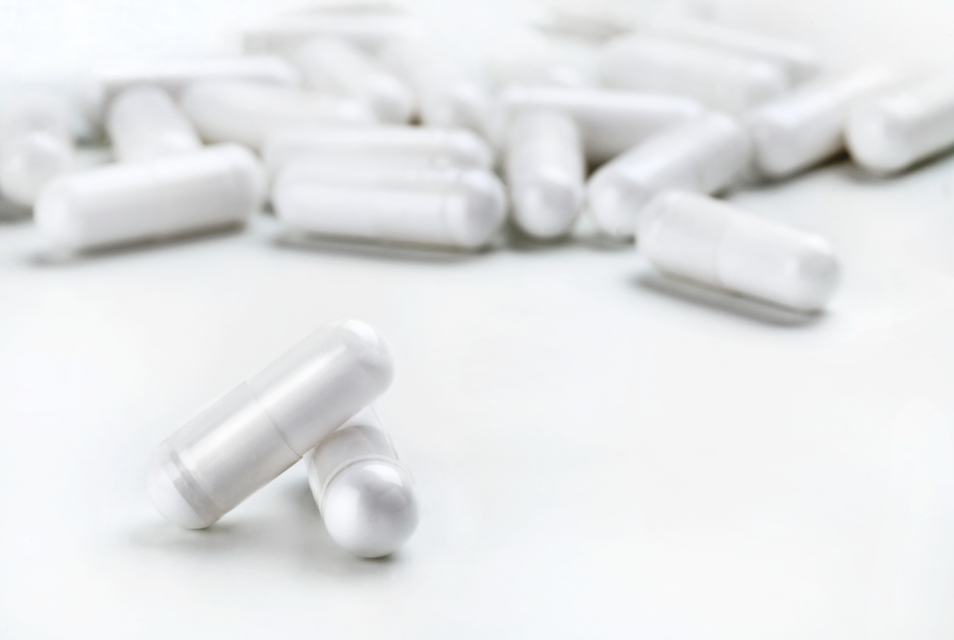
N-Acetyl Cysteine (NAC) is an amino acid and precursor to glutathione, an essential antioxidant in the body. NAC is frequently used as a medication to treat Acetaminophen overdose, and to loosen mucus in conditions such as cystic fibrosis. This mucus thinning property in itself is useful for treatment of infections, such the common cold or influenza.
Supplementation of NAC during cold or flu like infections, has been shown to reduce symptoms, especially in at risk populations, such as the elderly. (28)
Although, antiviral activity seems to be strain dependent when used as a treatment against the influenza virus, certain strains displayed a 6 fold decrease in viral yield when administering high doses of NAC. (29)
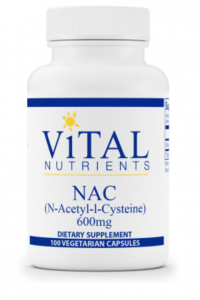
Get Supplement Here:

Selenium is a trace element that is important for proper functioning of the thyroid, DNA synthesis, protection against oxidative stress, and improves immune function.(30) More specifically, selenium is primarily beneficial for protection against viral infections. (31)
Research from the national institute of health states that selenium supplementation “might serve as an inexpensive and widely available adjuvant therapy of viral infections.” (32)
Selenium improves Th-1 immunity against viral infections, and inhibits evolution or mutation rate of certain viral strains, primarily RNA viruses. This could possibly be due to the fact RNA viruses such as influenza, hepatitis C, HIV, etc. mutate at a much faster rate than DNA viruses due to the immune system’s inability to catch these changes in RNA sequencing.(31)
Selenium’s effect on non viral infections is more complex, showing protective properties against certain bacteria, parasites, and fungi and no effect with others. For example, correcting selenium deficiencies has been shown to decrease susceptibility to infections of candida albicans, but not Salmonella typhimurium and Staphylococcus aureus. (31)
The standard dose for selenium ranges between 200-400mcg per day. Which should not be exceeded due to a risk of toxicity. Toxicity may cause vomiting, diarrhea, tremors, and other unwanted symptoms.
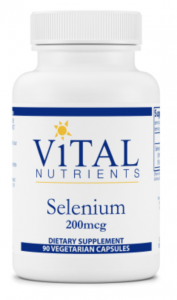
Get Supplement Here:
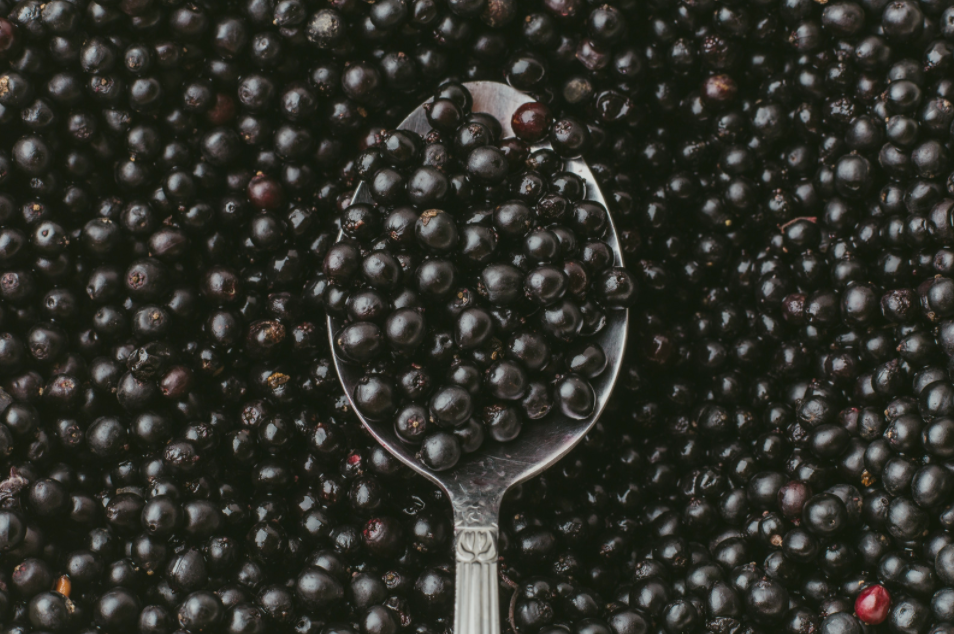
Elderberry or sambucus is a flowering plant commonly used for its immune boosting properties.
It has been found to decrease symptoms severity, and illness duration for viral infections such as the common cold and influenza. (33) A study on treatment of influenza A and B with elderberry syrup found that taking 15ml of a 38% extract four times per day for 5-6 days effectively reduced the duration of symptoms by 3-4 days. For 90% of patients taking elderberry in this study, a complete cure was achieved in 2-3 days. (34)
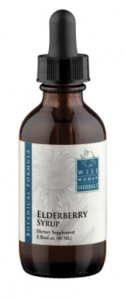
Get Supplement Here:
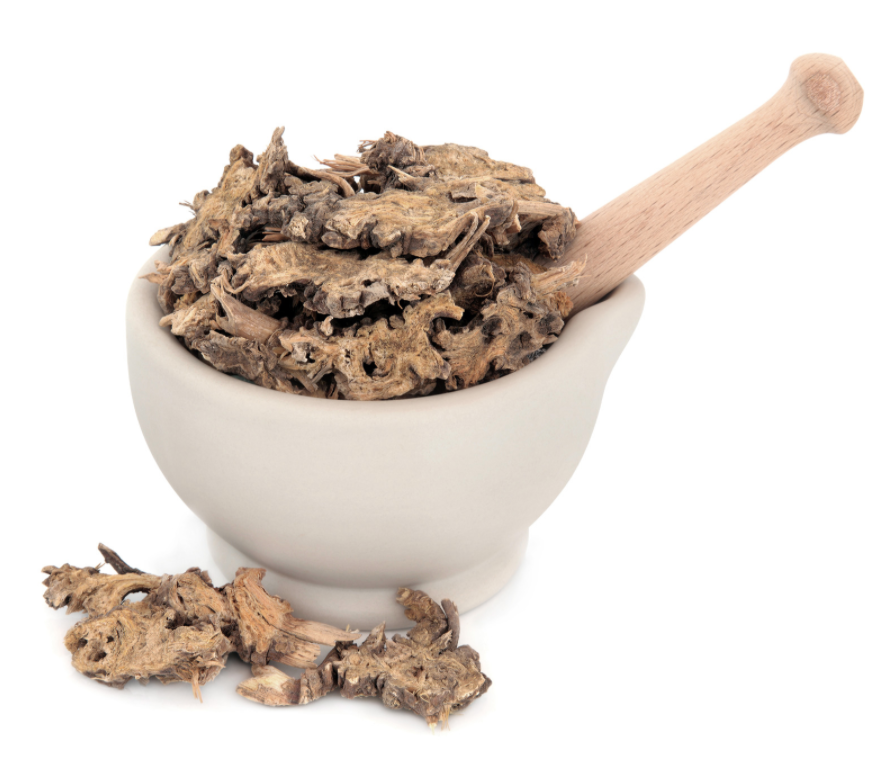
Osha root or Ligusticum porteri is an herb commonly used for its immune supportive medicinal properties in treatment of viral infections such as influenza.
Osha root protects peripheral blood lymphocytes against oxidative stress, increasing their viability and efficacy in immunological response. (35)
In addition, it was also found that 400ug/ml of Osha root increases glutathione concentrations in these lymphocytes, further protecting against oxidative stress and supporting immune function. (36)
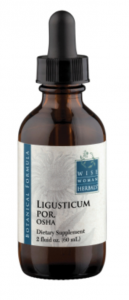
Get Supplement Here:

Traditional Chinese Medicine has utilized the medicinal properties of different types of mushrooms for ages.
Reishi and Cordyceps are types of fungi becoming known for their immune modulatory effects. Although, more research is needed to understand their mechanisms of action, both have been shown to have antiviral effects.
Reishi mushrooms have been shown to inhibit the replication of viruses such as HSV-1, HSV-2, Hep B, HIV, and more. In vitro, Reishi mushrooms have been shown to increase proliferation and activation of certain immune cells, such as macrophages, as well as T and B lymphocytes, which may explain their antiviral properties. (37)
Cordyceps display antiviral and antitumor properties with mechanisms of action that are not fully defined. Cordyceps’ has been shown to effectively inhibit viruses such as Epstein-Barr virus (EBV), human immunodeficiency virus (HIV), and influenza. This antiviral activity is likely due to Cordyceps ability to inhibit viral genome replication, protein synthesis, and alter gene methylation. (38)
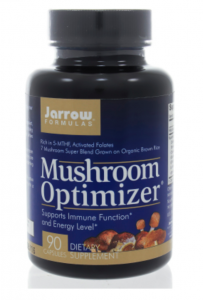
Get Supplement Here: